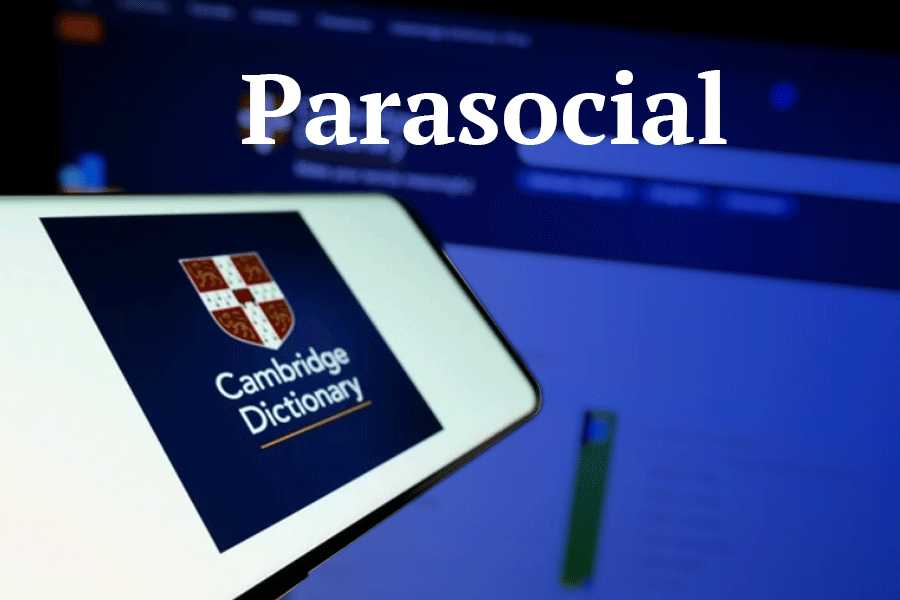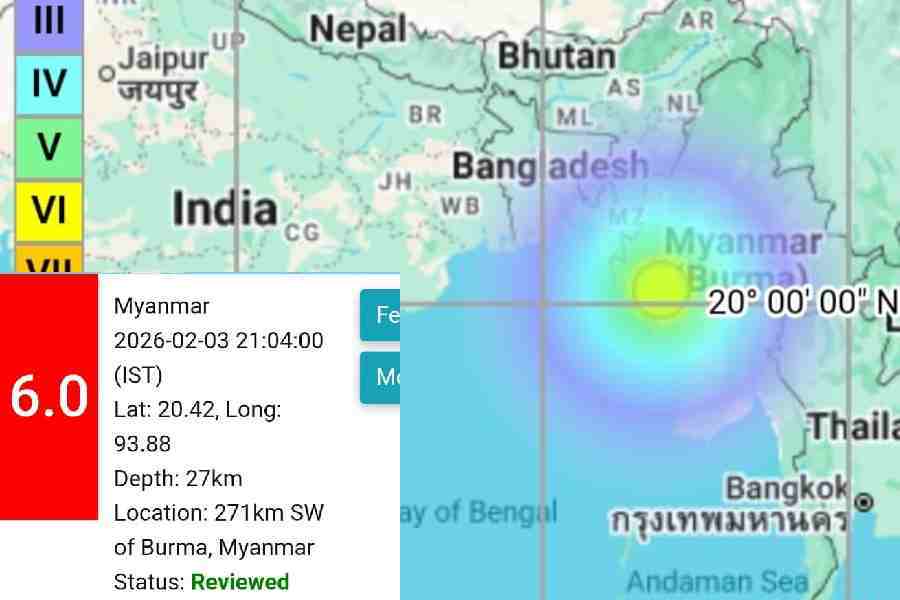Parasocial, delulu, slop, skibidi, pseudonymization, vibey, breathwork, doomspending, memeify, glazing, tradwife.
If you’re wondering what the gobbledygook above means, these are the whirlwind of words that define how we speak, scroll and spiral in 2025.
And these words have all been folded into the Cambridge Dictionary this year, with parasocial crowned the Word of the Year.
Cambridge announced the choice on Tuesday, noting that the year was marked by fascination with one-sided relationships people form with celebrities, influencers and increasingly AI chatbots. Officials said look-ups for parasocial surged as users tried to understand their own emotional entanglements with public figures and bots alike.
The Swift–Kelce engagement was one defining flashpoint. When Taylor Swift and Travis Kelce announced their engagement, fans reacted with extraordinary depth, despite never having met either star.
Millions connected Swift’s confessional lyrics to their own dating stories, forging what psychologists describe as parasocial bonds. Lily Allen’s breakup album West End Girl tapped into similar impulses, its rawness catering to listeners who felt invested in her private life.
Podcast hosts, celebrated for their spontaneity and imperfection, have become substitute companions. And AI pushed the trend further: users increasingly treated chatbots such as ChatGPT as friends, confidants or even romantic partners.
These digitally nurtured attachments were often emotionally meaningful — and sometimes troubling — raising concerns about the consequences of substituting algorithmic intimacy for real relationships.
McIntosh added that the language surrounding parasocial phenomena is evolving rapidly as technology and culture mutate: from celebrity culture to chatbots, the trend is reshaping how people interpret connection itself.
The concept may feel modern, but it dates back to 1956, when University of Chicago sociologists Donald Horton and Richard Wohl observed “para-social” relationships between TV viewers and on-screen personalities.
Television, the fast-growing medium of the time, brought actors into people’s homes, turning distant figures into familiar presences.
In 2025, the “chronically online” leaned heavily into the same pattern, building parasocial loyalties around YouTubers and influencers whose personal lives became public property. Fans followed every twist of creators’ romances, fallouts and apologies.
The frenzy around The Summer I Turned Pretty finale intensified the trend: TikTok and Instagram erupted as viewers split into “Team Conrad” and “Team Jeremiah,” treating fictional teenagers’ choices as real stakes.
Simone Schnall, professor of Experimental Social Psychology at the University of Cambridge, called parasocial an inspired choice for Word of the Year. “Parasocial relationships have redefined fandom, celebrity and, with AI, how people interact online,” she said.
Beyond parasocial, Cambridge added 6,000 new words reflecting the year’s cultural shifts. Slop captures the flood of low-quality online content, especially AI-generated material.
Pseudonymization refers to the process of transforming personal data into anonymous identifiers. Skibidi is humorous slang used with varied or no meaning. Delulu riffs on delusional beliefs. Tradwife refers to women who embrace stay-at-home domesticity and share it online.
Memeify means turning anything into a meme. Glazing refers to insincere, over-the-top praise, often from AI. Vibey signals a good atmosphere. Breathwork centres on mindful breath control for wellbeing. Doom spending describes splurging money you cannot afford to soothe anxiety about the future.
Together, the words chart a world shaped by digital intimacy, uncertainty and hyper-connected loneliness, while no term captures that uneasy blend better than the winner at the top of the list: parasocial.










